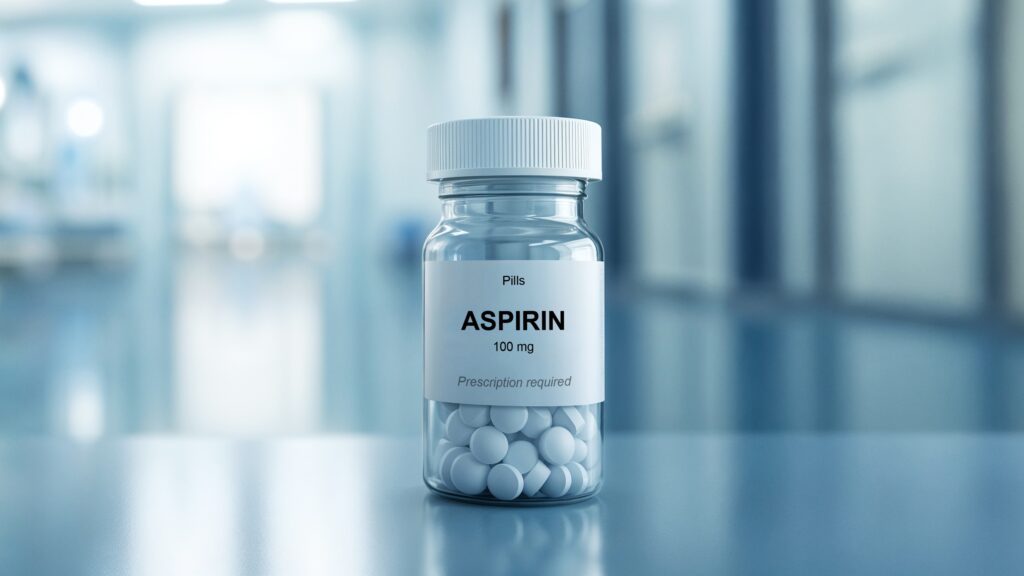A Swedish trial has found that a low daily dose of aspirin can cut the risk of colorectal cancer returning by more than 50% in patients with specific gene mutations.
Researchers at the Karolinska Institute tested over 3,500 post-surgery patients across Scandinavia, finding that those with PI3K pathway mutations who took 160mg of aspirin daily for three years were far less likely to relapse than those given a placebo.
The study suggests aspirin helps by reducing inflammation, interfering with the PI3K pathway, and limiting blood platelets that shield tumour cells. About 40% of colorectal cancer patients have these mutations, highlighting the importance of genetic testing.
While aspirin is cheap and widely available, risks remain, with some patients experiencing severe side effects including gastrointestinal bleeding and, in one case, death possibly linked to the drug.
Experts say the findings could change clinical practice, expanding use of aspirin as a targeted, low-cost treatment option for certain bowel cancer patients.


